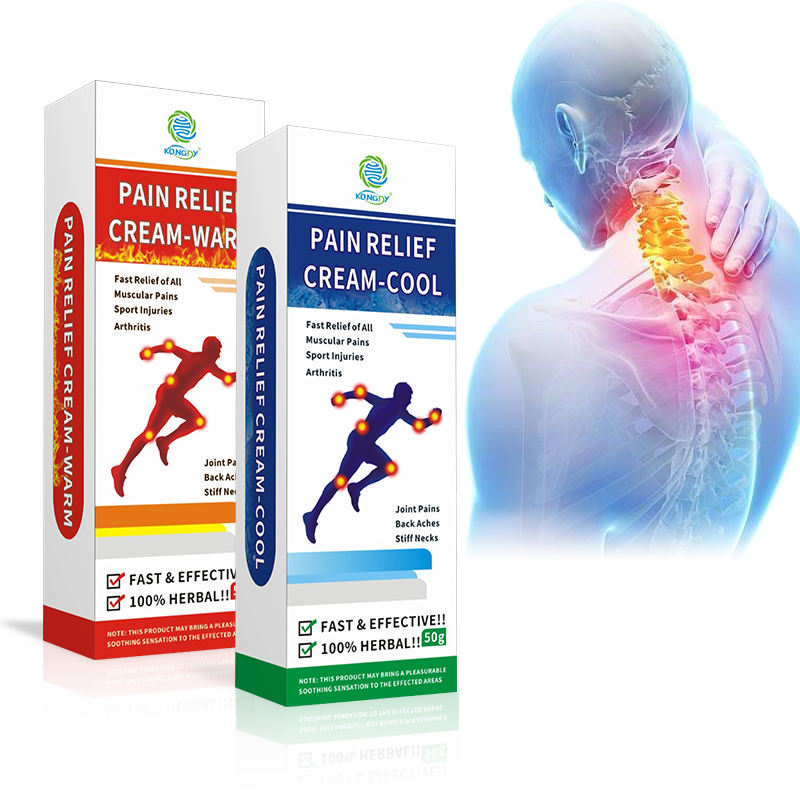When choosing a pain relief cream, consumers often face a choice between natural and medicated options. Both types can be effective, but they work differently.
Medicated Pain Creams
These contain pharmaceutical ingredients like:
Lidocaine – Numbs the area by blocking nerve signals.
Diclofenac – A topical NSAID that reduces inflammation.
Methyl Salicylate – Provides a warming effect to ease stiffness.
Pros: Fast-acting, clinically proven, strong pain relief.
Cons: Possible skin irritation, not suitable for long-term use without medical advice.

Natural Pain Creams
These rely on plant-based or herbal ingredients such as:
Arnica Montana – Reduces bruising and swelling.
Capsaicin (from chili peppers) – Alleviates pain by depleting substance P, a pain neurotransmitter.
CBD (Cannabidiol) – May reduce inflammation and discomfort.
Pros: Gentler on skin, fewer side effects, suitable for sensitive users.
Cons: May take longer to work, effects vary by individual.
Which Should You Choose?
If you need immediate relief from acute pain (e.g., post-injury), medicated creams may be better.
If you prefer holistic, long-term care (e.g., arthritis management), natural creams could be ideal.
Always patch-test a small area first and consult a doctor if pain persists.






